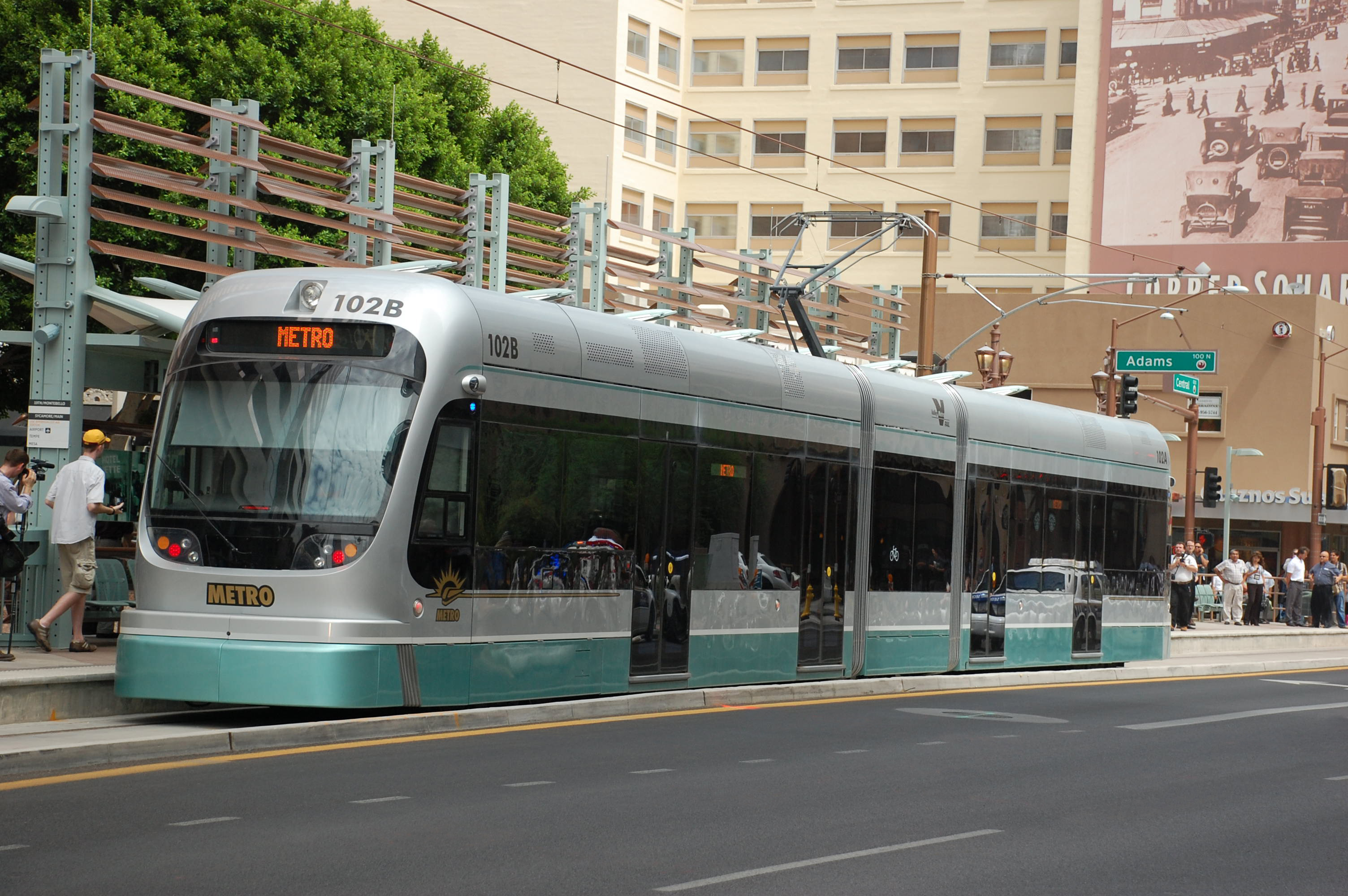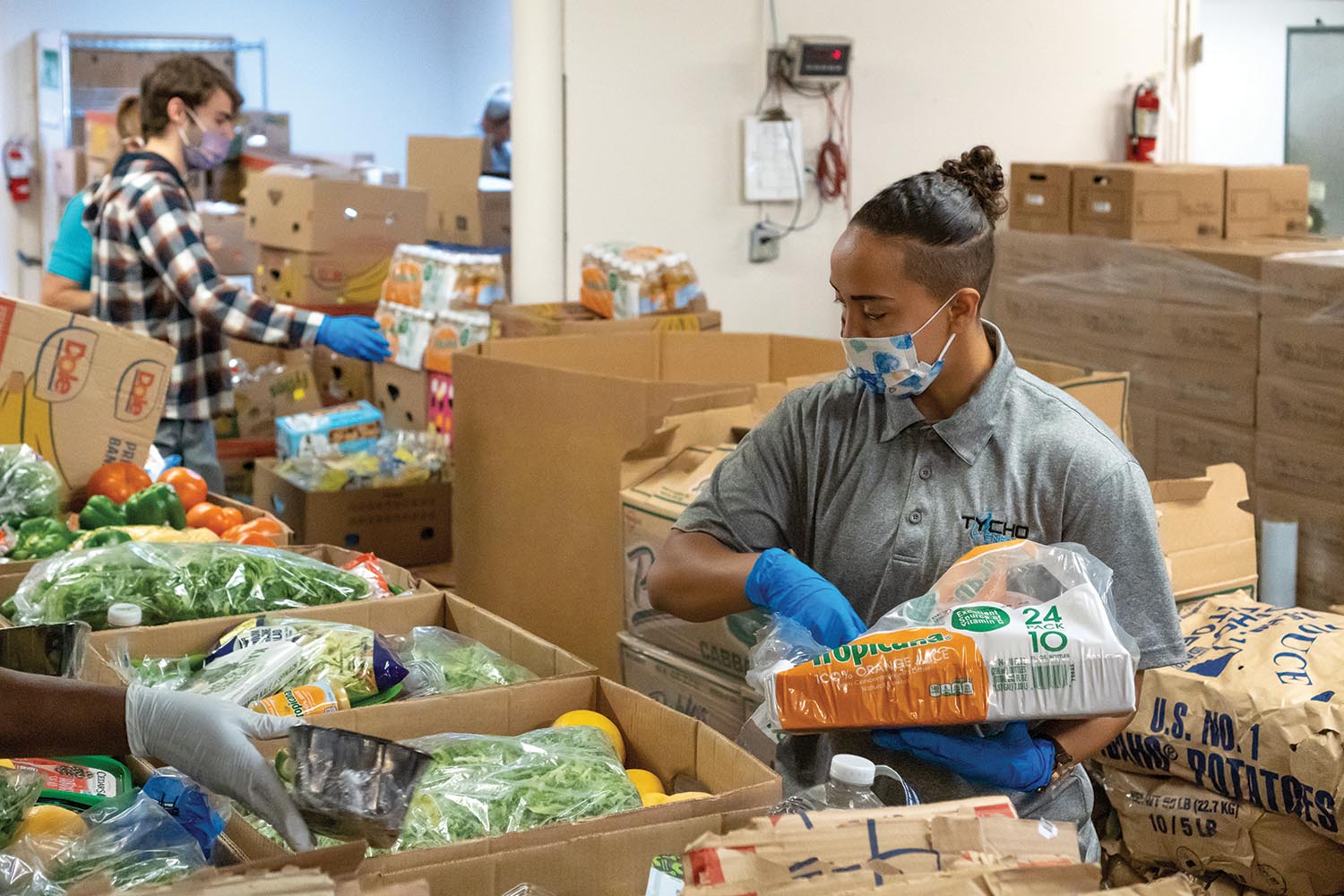[btn]By Patty Talahongva[/btn]
When voters go to the polls on March 12, they will be asked to pass Proposition 300, a ballot proposition that will allow the city manager to “enter into agreements with private entities, such as transit agencies or security contractors, to enforce civil ordinances, regulating conduct on transit property, including light rail vehicles, platforms, and city buses. Security contractors could enforce transit civil ordinances.”
In the sample ballot and publicity pamphlet there are four arguments in favor of passing Prop 300 and none against the measure. Councilman Tom Simplot is one of the supporters. He says this change to the city’s charter will make better use of police officers by allowing them to focus on patrols around the neighborhoods and not tend to tedious ordinance enforcements.
[pullquote_right]There’s no additional cost because we’re using existing sources. – David Cavazos[/pullquote_right]Currently the fare inspectors don’t have the authority to write tickets when someone breaks the law while riding the light rail in Phoenix. Prop 300 would change that by giving them the power to issue those citations.
“Currently, if they see something they have to call 911 and request police,” explains Simplot. “From a practical level this removes that step.”
“Many people don’t realize you can’t smoke on the platform either,” he adds. There are just things people don’t realize. I live on a light rail (route) and I ride. I see issues.”
The best part for Phoenix voters is that the additional security won’t cost the city any additional funds.
Phoenix City Manager David Cavazos explains, “There’s no additional cost (with Prop 300) because we’re using existing sources.” When the light rail opened in December 2008, Valley Metro, the division that has oversight on the metro line, contracted with a private security firm. Since the cities of Mesa and Tempe allowed private firms to issue ci
tations, the fare inspectors were able to issue tickets to riders in those cities.
“We understand that it’s been successful in Mesa and Tempe,” says Cavazos. “My understanding is that this is something we should do system wide.”
Other examples of what a passenger might be cited for are putting your feet on the seat, eating or drinking on the light rail, or jaywalking on the tracks.
“The vast majority of regular riders want to make sure people follow the ordinances. Pay your fare. We’re going to enforce that and this is the most efficient way,” says Cavazos.
Valley Metro just signed an $8.7 million contract in October with Allied Barton for three years. Susan Tierney, communications manager for Valley Metro, says this includes the fare inspection/security team of 67 for three key areas: light rail operations, Operations and Maintenance Center, and the Valley Metro Mesa Bus Operations and Maintenance facility. Since the city of Phoenix already pays into the operational costs there is no additional costs associated with this proposition. The inspectors won’t need additional training since they already issue citations in the other cities.
Fines start at $50 and can increase depending on the number of citations a person has. Once the citation is issued it’s turned over to the city where the offense occurred and that civil court then processes the case. All fines are payable to the city and not Valley Metro.
In December 2012 a total of 11 citations were issued in Phoenix and five of them were for failure to provide proof of fare payment, says Tierney.
Charley Jones, the president of the Pierson Place Historic District, also wrote an argument in favor of passing Prop 300. “I would rather have our police officers on the streets, in their regular capacity, working full time at keeping citizens and neighborhoods safe,” he said. “Our current leadership (the mayor, council and police chief) recognize that security companies are suited to enforce rules and monitor crimes on the rail and that using police officers on the rail is no longer worth taking away from other police priorities.”
He adds that officers will still be available if a major crime occurs on the rail, just like when they are called to any crime scene.










































